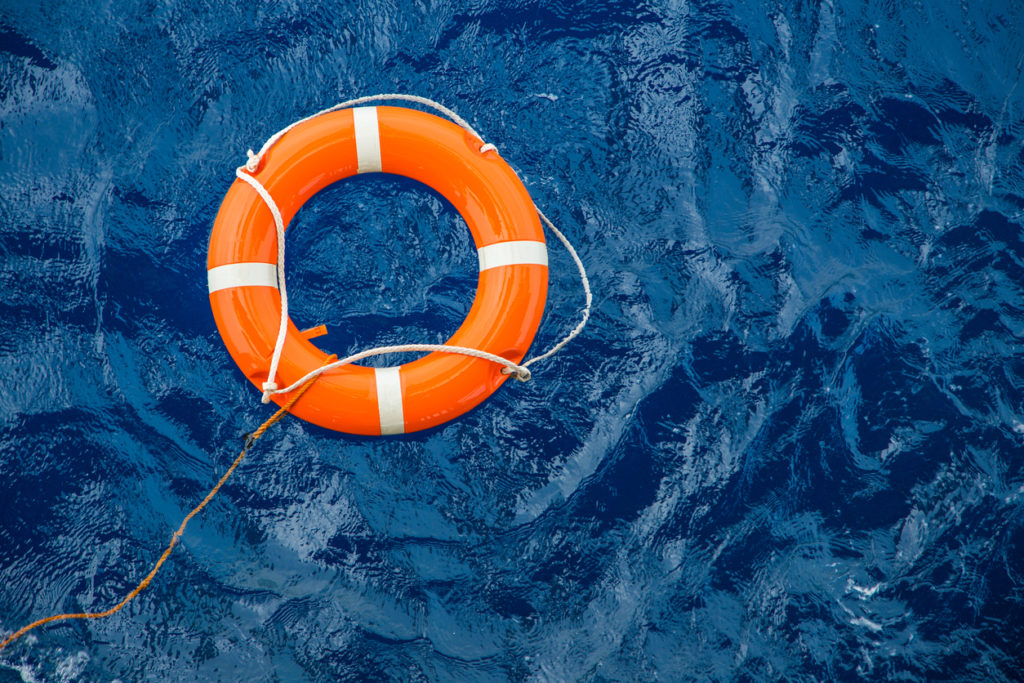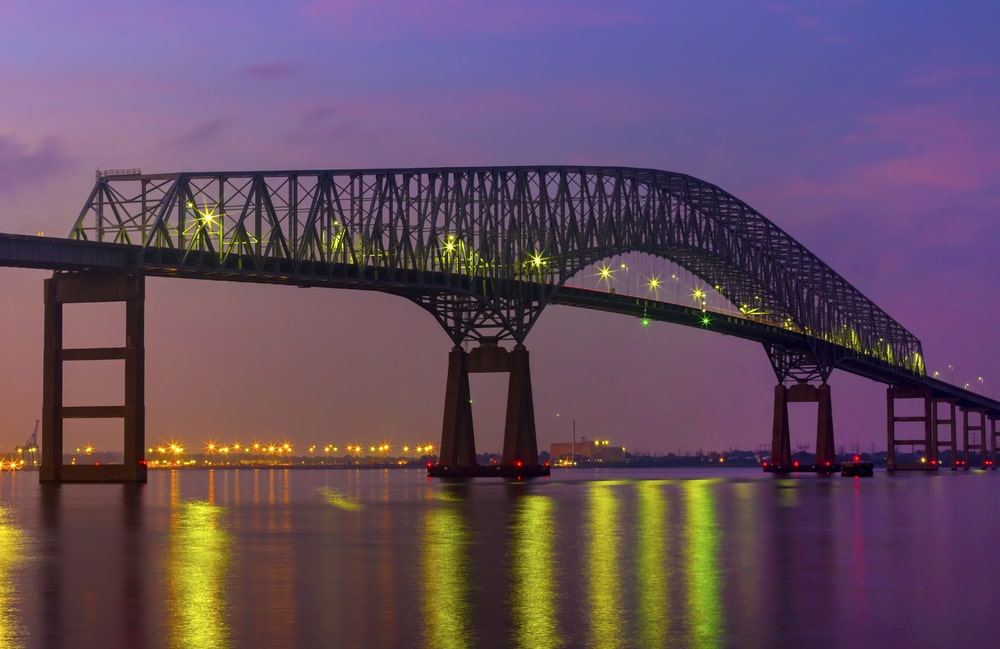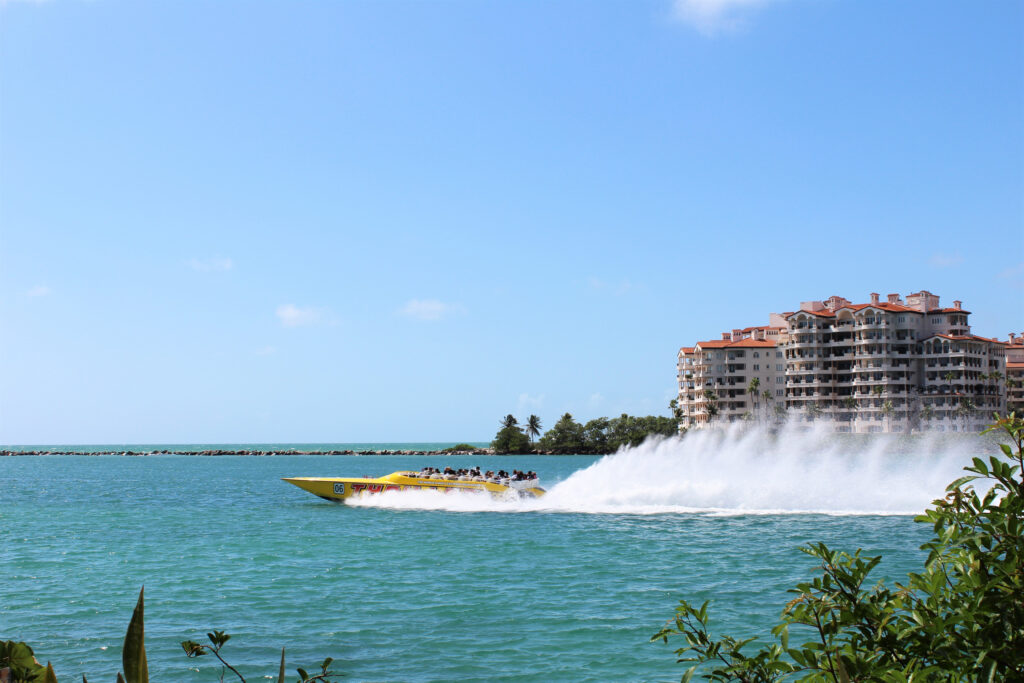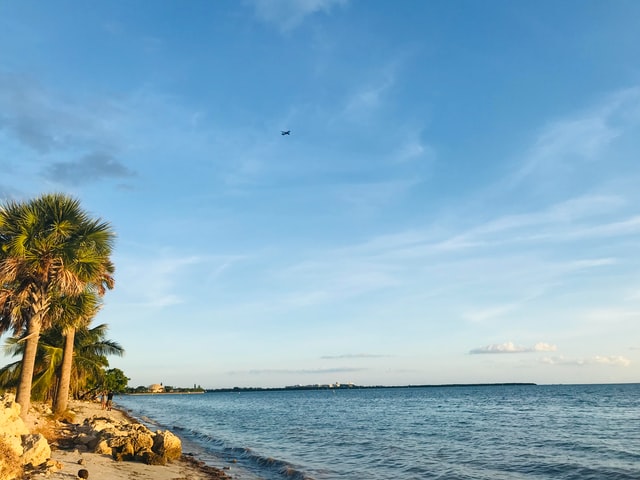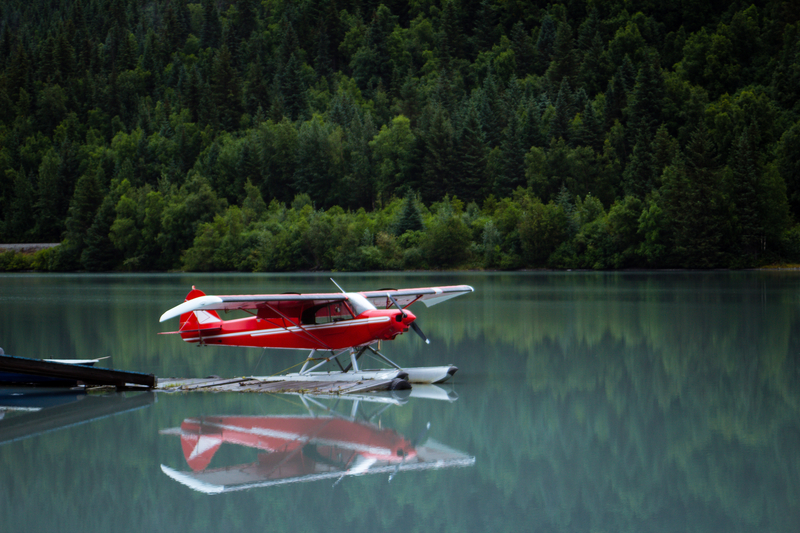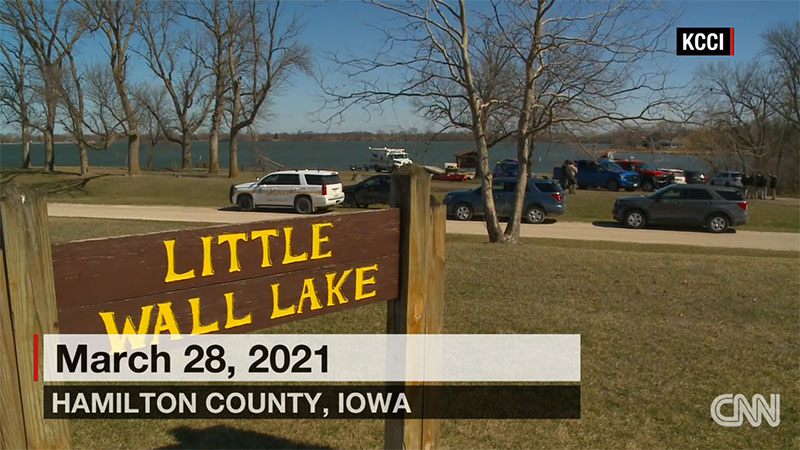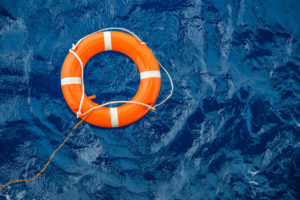
According to reports, the man was reported missing by his wife after he missed a medical appointment. Crewmembers began to search the Westerdam, and after several hours of searching, determined that he was no longer aboard the ship. CCTV footage later showed that the man went overboard much earlier in the morning, at about 6:45AM.
NPS authorities were subsequently contacted, and a coordinated search and rescue effort began in earnest. NPS committed 15 rescuers to the task, as well as three motorized boats and a reconnaissance plane. Reports also indicate that private vessels in the area were alerted to the situation, and many assisted with the efforts. US Coast Guard authorities also provided assistance, particularly with guiding search and rescue efforts towards areas where the currents were likely to have dragged the overboard passenger.
Despite these efforts, the NPS has yet to find the overboard passenger and search efforts have been called off until further notice. Though the status of the passenger is currently unknown, it is unlikely that they would have survived after this extended period of time.
In the present case, we are encouraged by the search and rescue response implemented by the NPS, Coast Guard, and private vessels that assisted in the efforts. We are, however, deeply disappointed by Holland America Line and crew aboard Westerdam. There was a 9-hour gap between the occurrence of the overboard incident and the beginning of the search aboard the vessel, and another 4-hour gap before crew determined that the passenger fell overboard and contacted relevant authorities. Despite the available technology of man overboard detection systems, Holland America does not carry such systems aboard their ships. Man overboard detection systems used aboard other cruise ships reportedly consist of a comprehensive shield of intelligent optical and thermal video cameras which provide nonstop comprehensive surveillance alongside the relevant exterior parts of the ship. All captured video images are then streamed in real-time to a Central Security Room where the video stream is monitored together with all other inputs from the other CCTV cameras on board the ship. This would allow real time notification of the situation and a timely search enabling a much better chance of a successful rescue!
It is much more likely that an immediate response would have increased the chances that a passenger could have been located and rescued. Given the likelihood of negligence in the present case, it’s possible that the wife of the overboard passenger (along with other family members) may have an actionable claim against the cruise line for significant wrongful death damages.
Response to Overboard Incident Must Be Swift
In the cruise ship context, the implementation of effective passenger safety systems — both from a technology perspective and an crew response perspective — has been somewhat inconsistent. Automated alarm systems (which feature motion sensors) can spell the difference between a missing passenger and a successful rescue, as crew are immediately alerted to the overboard incident at-issue, at the time of its occurrence. Westerdam likely did not have an automated alarm system.
Though the lack of an automated alarm system enabled the multi-hour delay, the crew response was also lacking. Overboard incidents demand a swift response, particularly in environments where water temperature is extremely low, as in the present case (the incident occurred in Glacier National Park). Low water temperature can make it more difficult for the overboard passenger to stay afloat, and active currents can cause significant drift, enhancing the complexity of search and rescue efforts — the potential drift area could be quite large, thus necessitating search and rescue resources that are simply unavailable.
Here, Westerdam crewmembers waited nearly four hours before determining that the passenger was no longer aboard the ship, and had fallen overboard. This delay could have been avoided had the crew been trained to scan the ship more effectively. It is not unreasonable to conclude that the crew should have contacted authorities sooner — had they done so, the passenger’s life may have been saved.
We Can Assist You
If you or a loved one has sustained injuries (minor, serious, or even fatal) due to an overboard incident on a cruise ship, then you may be entitled to recover significant damages in a claim brought against the cruise line. Cruise ship operators are not easy defendants, however. When litigating a claim against a cruise line, it’s important to work with an experienced maritime lawyer who has a consistent record of success in securing compensation on behalf of clients.
Here at Lipcon, Margulies & Winkleman, P.A., our attorneys have decades of experience representing the interests of passengers and their families in litigation against negligent cruise ship operators and other potentially liable parties. We are well-equipped to navigate the turbulent waters of cruise ship litigation — unlike many other firms, we primarily focus on maritime and admiralty claims involving the negligent or wrongful conduct of passenger ship operators.
In the present case, the passenger went overboard off the coast of Alaska. Whether you or a loved one is involved in an overboard incident in the United States or abroad, you may be entitled to damages. Though our office is located in Florida, we have an extensive track record of handling such claims in courts worldwide.
Interested in speaking to a qualified cruise ship attorney for further guidance? We encourage you to get in contact with an experienced maritime lawyer for a comprehensive evaluation of your claims.
Published on July 18, 2018
Categories: Cruise Ship Overboard Accidents
Get Free
Consultation





